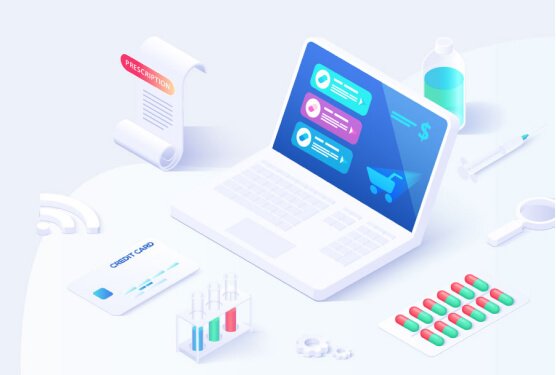In the modern era, data is often hailed as the new oil. The comparison, though provocative, is apt. Just as the 20th century saw battles over oil fields and energy dominance, the 21st century is witnessing a race for data acquisition and analytics. So, why is big data such a significant game-changer in today’s business landscape? Let’s delve deeper.
1. Understanding Big Data
Big data refers to vast datasets often too complex to be processed or analyzed by traditional data-processing software. These datasets gathered from various sources, offer businesses invaluable insights when harnessed correctly. From customer behaviors to market trends, the realms of data are boundless.
2. Critical Benefits of Big Data for Business
i. Improved Decision-Making
By analyzing big data, businesses can make more informed decisions. Predictive analytics, a byproduct of big data, can even help forecast future trends, allowing companies to stay a step ahead.
ii. Enhanced Customer Experience
Big data analytics help businesses understand customer behaviors and preferences, paving the way for personalized experiences and targeted marketing campaigns.
iii. Operational Efficiency
Big data can significantly improve operational efficiency and reduce costs, from streamlining supply chains to predicting machinery breakdowns in manufacturing plants.
iv. Product Innovation
Through data, businesses can identify gaps in the market or understand emerging consumer needs, leading to innovative product or service offerings.
3. Real-world Applications of Big Data
i. Healthcare
Hospitals and clinics analyze patient data to predict outbreaks, understand disease patterns, and provide personalized patient care.
ii. Retail
Retail giants use data analytics to optimize their supply chains, tailor marketing strategies, and enhance in-store experiences.
iii. Finance
Banks and financial institutions leverage big data for fraud detection, risk assessment, and customized financial product offerings.
4. Challenges and Considerations
Harnessing big data isn’t without challenges. Concerns over data privacy, the complexities of data storage, and the need for skilled professionals to analyze and interpret the data are some hurdles businesses face. Companies must navigate these challenges ethically and responsibly.
5. The Road Ahead
With AI and machine learning advancements, big data analytics is set to become even more precise. The integration of quantum computing, currently in nascent stages, might revolutionize data processing speeds. Businesses that understand the importance of data and invest in its acquisition and analysis are setting themselves up for future success.
Conclusion
Big data is more than just a buzzword—it’s a foundational element of the modern business landscape. By understanding its potential and implementing it effectively, businesses can unlock unprecedented opportunities for growth, innovation, and customer engagement. The future belongs to those who gather data and know how to wield it.





